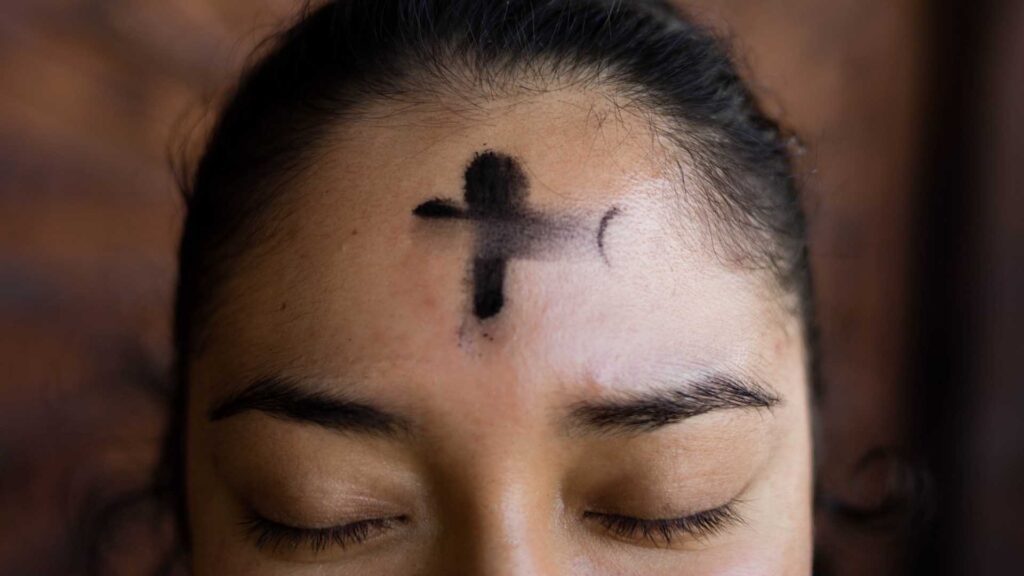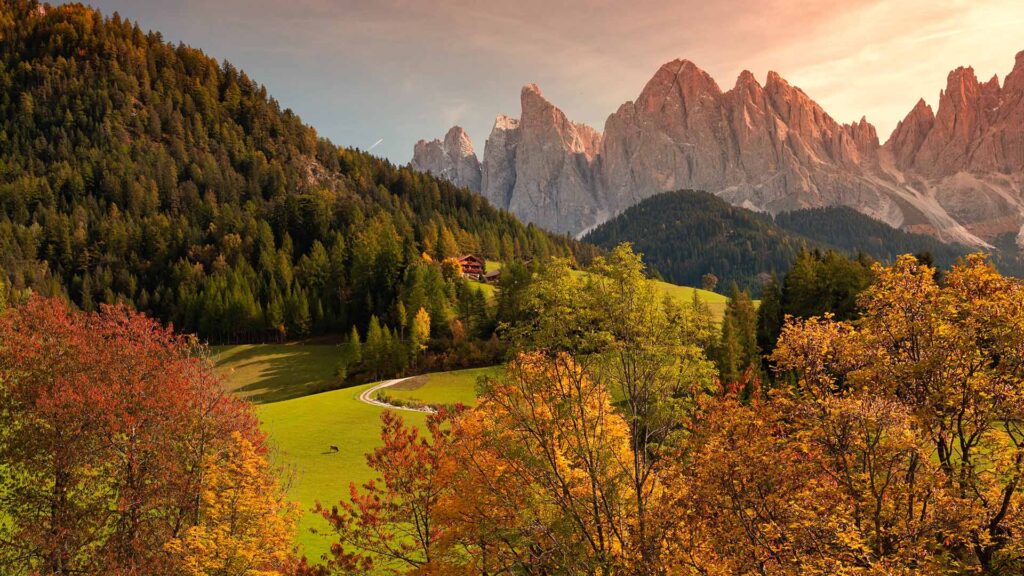
The Mark of the Beast
The mark of the beast is really just a counterfeit of the seal of God. Since the Sabbath is the sign of God’s ability to write His law on the mind and heart, the mark of the beast must be the “sign” of another power’s ability to make people follow its laws and commands. This is exactly what Revelation reveals to be the case.
Only one Bible verse is needed to understand that the mark of the beast is a direct attack against the Sabbath of the fourth commandment. Revelation 15:2 describes those people that, with God’s help, have “gotten the victory over the beast, and over his image, and over his mark, and over the number of his name.” As a reward, they “stand on the sea of glass, having the harps of God.” Notice that they have victory over four things: the beast, the image of the beast, the number of the beast’s name, and the mark of the beast. Each of these four things that they have victory over represents an attack against one of the first four Ten Commandments.
The beast wants to be worshipped. Revelation 13:4 says, “And all the world wondered after the beast. And they worshipped the dragon with gave power unto the beast: and they worshipped the beast.” This is a direct attack on the First Commandment, which says, “Thou shalt have no other gods before me” (Exodus 20:3).
Likewise, the image of the beast represents a power that leads people to worship the beast. “And he had power to give life unto the image of the beast, that the image of the beast should both speak, and cause that as many as would not worship the image of the beast should be killed” (Revelation 13:15). This is idolatry, for the Second Commandment says, “Thou shalt not make unto thee any graven image, or any likeness of any thing that is in heaven above, or that is in the water under the earth: Thou shalt not bow down thyself to them, nor serve them” (Exodus 20:4-5).
In the same way, the “number of [the beast’s] name” referred to in Revelation 15:2 infers an attack against the Third Commandment, which protects the name of God. “Thou shalt not take the name of the Lord thy God in vain; for the Lord will not hold him guiltless that taketh his name in vain” (Exodus 20:7).
In this context, therefore, the mark of the beast can only represent an attack against the Sabbath of the Fourth Commandment. God’s law has always been a “law of liberty” (James 2:12). Those who choose to worship and serve God will be spared from the destruction that ultimately and inevitably comes from false worship.





